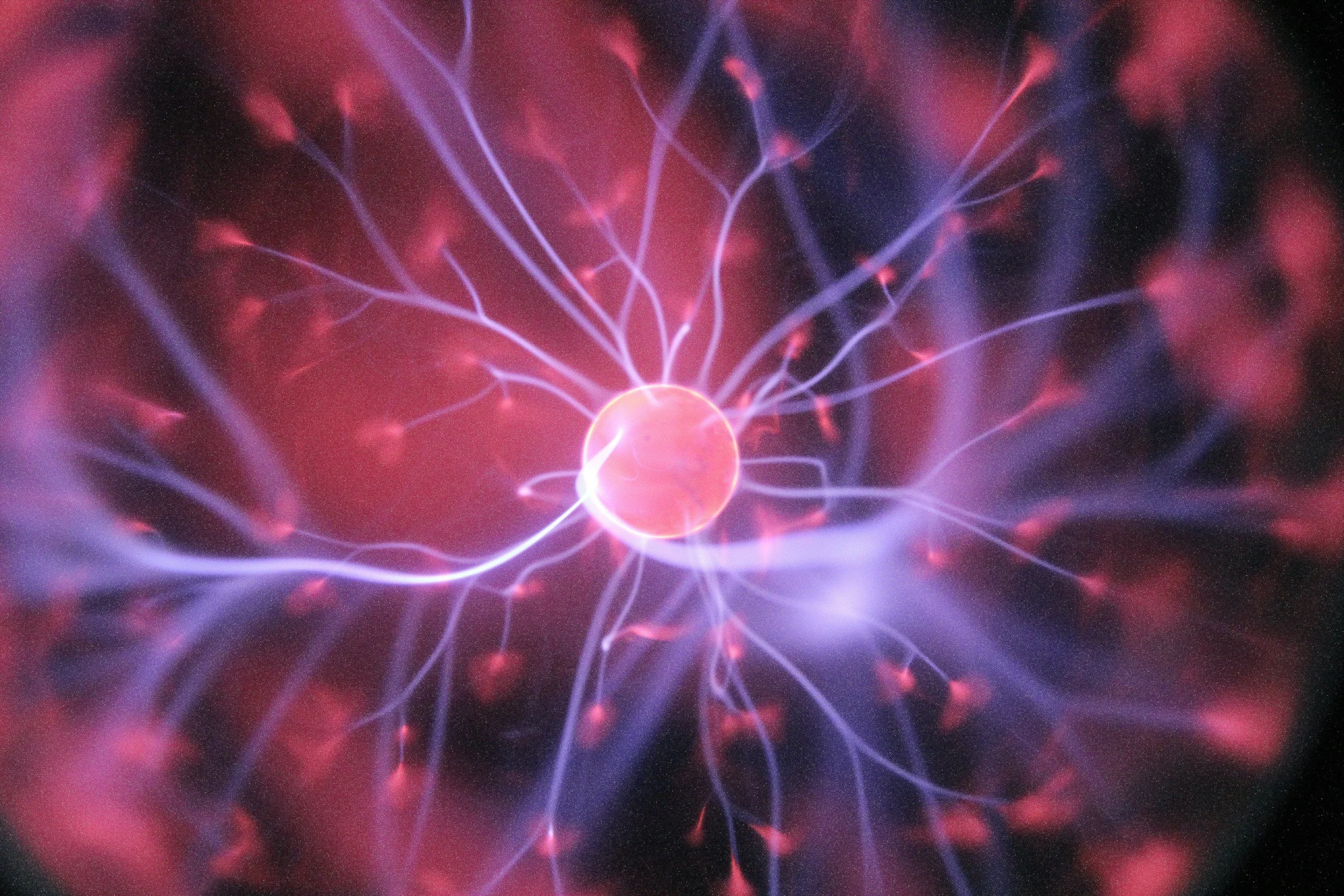Blog

Motivation for Using The Sinclair Method
The Sinclair Method offers a science-based alternative to traditional abstinence-only approaches, helping people reduce drinking by retraining the brain’s reward system. While highly effective for many, it requires discipline, medical oversight, and integration with lifestyle changes to achieve lasting recovery.

Acute vs. Chronic Alcoholism: Understanding the Difference
Acute alcoholism refers to short-term, high-intensity drinking episodes (often binge drinking), while chronic alcoholism is a long-term, progressive condition marked by dependence and lasting health consequences. Both require different treatment approaches, and binge drinking sits on a dangerous line that can tip into chronic addiction.

Chronic Alcoholism: The Battle Beneath the Surface
Alcoholism is not simply “drinking too much.” It is a chronic, progressive illness that rewires the brain, erodes relationships, and devastates health. For those caught in its grip, the struggle is not just about alcohol—it’s about the insidious cycle of relapse, the phenomenon of craving, and the baffling inability to stop despite devastating consequences.

Crystal Meth Addiction: Why Turning to Alcohol Isn’t the Answer
Crystal methamphetamine is one of the most destructive substances I encounter in my practice. Its effects on the brain, body, and relationships are profound, and recovery requires courage, structure, and support. Yet one of the common pitfalls I see is when someone tries to replace meth with alcohol, believing it to be a “safer” alternative. The truth is: switching substances is not recovery—it’s substitution. And substitution often leads to new problems down the road.

The Sinclair Method: A Science-Based Path to Changing Your Relationship with Alcohol
For decades, the dominant narrative around alcohol recovery has centered on abstinence. But what if there were a way to reduce drinking without requiring total sobriety from day one? What if neuroscience could help retrain the brain’s reward system to weaken the grip of alcohol over time?
Enter: The Sinclair Method (TSM)—a medically grounded, evidence-based approach that’s changing how we think about alcohol use disorder.

Early Sobriety and Social Triggers: Why Sporting Events and Parties Can Be Dangerous—and How to Stay Safe
Early recovery is a fragile, powerful time. You’ve made the courageous decision to step away from alcohol or drugs, and you’re beginning to rebuild your life. But then comes the invitation: a birthday party, a wedding, a sporting event. It sounds harmless—fun, even. But for someone with Alcohol Use Disorder (AUD) or Substance Use Disorder (SUD), these environments can be emotional minefields.
As an addiction specialist, I’ve seen countless people relapse not because they didn’t care about their recovery—but because they underestimated the power of triggers in social settings. Let’s talk about why these situations are risky, and more importantly, how to protect your sobriety when the pressure hits.

Cocaine Abuse: How It Hijacks the Brain—and How You Can Reclaim Your Life
Cocaine is seductive. It promises energy, confidence, and euphoria—but what it delivers over time is devastation. As an addiction specialist, I’ve seen how cocaine abuse rewires the brain, erodes emotional stability, and traps people in a cycle of craving and regret. But I’ve also seen something else: recovery. Real, lasting, life-changing recovery.
If you or someone you love is struggling with cocaine addiction, know this—healing is possible. The brain can recover. The spirit can reignite. And life can flourish again.

Family Guide to Ketamine Addiction: Understanding, Supporting, and Healing
Ketamine addiction is a growing concern, especially among young adults and those seeking escape from emotional pain. While ketamine has legitimate medical uses, chronic misuse can lead to serious physical, psychological, and spiritual damage. Families play a vital role in recognizing the signs, initiating help, and supporting recovery.

Slip, Not Spiral: Reclaiming Recovery After Cocaine Use
You were doing well. You had days, maybe weeks or months of sobriety behind you. Then—out of nowhere or maybe after a slow build—you used cocaine again. That moment can feel like a punch to the gut. But here’s the truth: a slip doesn’t erase your progress, and it doesn’t define your future. What matters most is what you do next.

Harm Reduction in Alcohol Addiction: A Clinical Look at Naltrexone and Antabuse
Alcohol use disorder (AUD) remains one of the most pervasive and challenging conditions in addiction medicine. While abstinence-based models have long dominated treatment, harm reduction strategies—especially pharmacological interventions—are increasingly recognized for their ability to reduce cravings, prevent relapse, and support long-term recovery. Two FDA-approved medications stand out in this space: Naltrexone and Antabuse (Disulfiram).

Slip vs. Relapse: Why the Difference Matters in Recovery
Recovery from addiction isn’t a perfect linear path—it’s a winding road with highs, lows, progress, and occasional detours. Two words often used in this journey are “slip” and “relapse”—but understanding their differences can be the key to healing instead of spiraling.

When Love Hurts: Breaking the Chains of Co-Dependency in Addiction
Addiction is not simply a matter of poor choices or moral failing. It is a progressive, life-threatening disease that hijacks brain chemistry, distorts reality, and robs people of their willpower, relationships, and often—tragically—their lives. When someone we love is drowning in substance or behavioural addiction, our first instinct is to throw them a lifeline made of compassion, protection, and unconditional support. But sometimes, that very lifeline can become a chain.

Helping Your Child Through Addiction: Breaking the Cycle of Enabling and Encouraging Recovery
For parents, watching a son or daughter struggle with addiction is devastating. The fear, frustration, and helplessness that come with seeing your child caught in a cycle of destructive behavior can feel overwhelming. Many parents unknowingly enable their child’s addiction in an attempt to protect them, not realizing that this can prolong the problem rather than solve it. As an addiction specialist, I want to offer insight into how parents can break the cycle of enabling and provide real solutions that encourage healing and recovery.

The Reality of Chronic Alcoholism: A Specialist’s Perspective on the Path to Recovery
Alcohol addiction is a slow but relentless disease. What begins as casual drinking can spiral into full-blown dependency, creating physical, emotional, and social devastation. Chronic alcoholism is not just about the loss of control—it is a progressive condition that, if left untreated, leads to severe health consequences, and ultimately, death. Understanding the trajectory of alcoholism, its fatal consequences, and the hope for recovery is essential for anyone caught in its grip.

The Health Consequences of Chronic Substance Abuse and the Path to Recovery
Continuous, chronic substance abuse takes a severe toll on both physical and mental health. While the immediate effects of alcohol, drugs, or behavioral addictions may seem manageable in the short term, the long-term consequences can be devastating. Addiction is a progressive disease, and without intervention, it often leads to irreversible health complications, emotional distress, and even fatal outcomes. Yet, stopping addiction alone can feel impossible—withdrawal symptoms, cravings, and psychological barriers make quitting without outside help an uphill battle. As an addiction specialist, I want to highlight the dangers of chronic substance abuse, the necessity of professional detox, and why inpatient or outpatient care after detox is critical for lasting recovery.

Understanding Marijuana Psychosis: Causes and Treatment Solutions
Marijuana, often perceived as a relatively harmless substance, can in some cases lead to severe psychological effects, including psychosis. While not everyone who uses marijuana experiences psychosis, for some individuals—particularly those with preexisting vulnerabilities—its use can trigger distressing symptoms such as hallucinations, paranoia, and disorganized thinking. As an addiction specialist, I’ve seen how marijuana psychosis disrupts lives and how essential early intervention and treatment are for recovery.

The Power of Counselling in Recovery: A Key to Lasting Change
Recovery from addiction is a journey that requires determination, self-awareness, and a willingness to embrace change. While there are many tools available to support individuals on this path, counseling stands as one of the most effective and transformative methods for achieving long-term sobriety. As an addiction specialist, I’ve witnessed the profound impact that therapy can have on those seeking freedom from addiction. However, recovery is not a passive process—it demands a deep, unwavering commitment.

The Manipulation of Loved Ones in Addiction: Why Consequences Matter for Change
Addiction is a powerful force that affects not only the individual but also those around them. Whether it’s alcohol, substance abuse, or behavioral addiction, manipulation often plays a key role in maintaining destructive habits. This manipulation isn’t necessarily intentional—rather, it stems from the brain’s altered chemistry and the desperation to keep feeding the addiction. As an addiction specialist, I’ve seen countless cases where loved ones are drawn into this cycle, unwittingly enabling destructive behaviors. Recognizing manipulation and enforcing consequences can be the turning point for change.

The Emotional Toll of Addiction on Loved Ones: Understanding the Ripple Effect
Addiction is never an isolated struggle—it affects not only the person suffering but also the people closest to them. Whether it’s a partner, child, parent, sibling, or friend, the emotional damage caused by a loved one’s addiction can be profound and long-lasting. As an addiction specialist, I’ve witnessed firsthand the pain, exhaustion, and turmoil that families experience when addiction takes hold. Beyond personal relationships, addiction can also impact work, financial stability, and other critical aspects of life. Here’s a deeper look at the ripple effect of addiction and how loved ones can navigate the challenges it brings.

Holistic Recovery: Strengthening the Spiritual, Mental, and Physical Aspects Through Discipline
Recovery from addiction is not just about quitting a substance or behavior—it’s about rewiring the brain, restoring balance, and rebuilding life with purpose. True healing requires a holistic approach, addressing spiritual, mental, and physical well-being, all of which demand discipline. As an addiction specialist, I want to explore why these aspects are vital to recovery and how consistent discipline reshapes the addicted brain, paving the way for long-term success.
